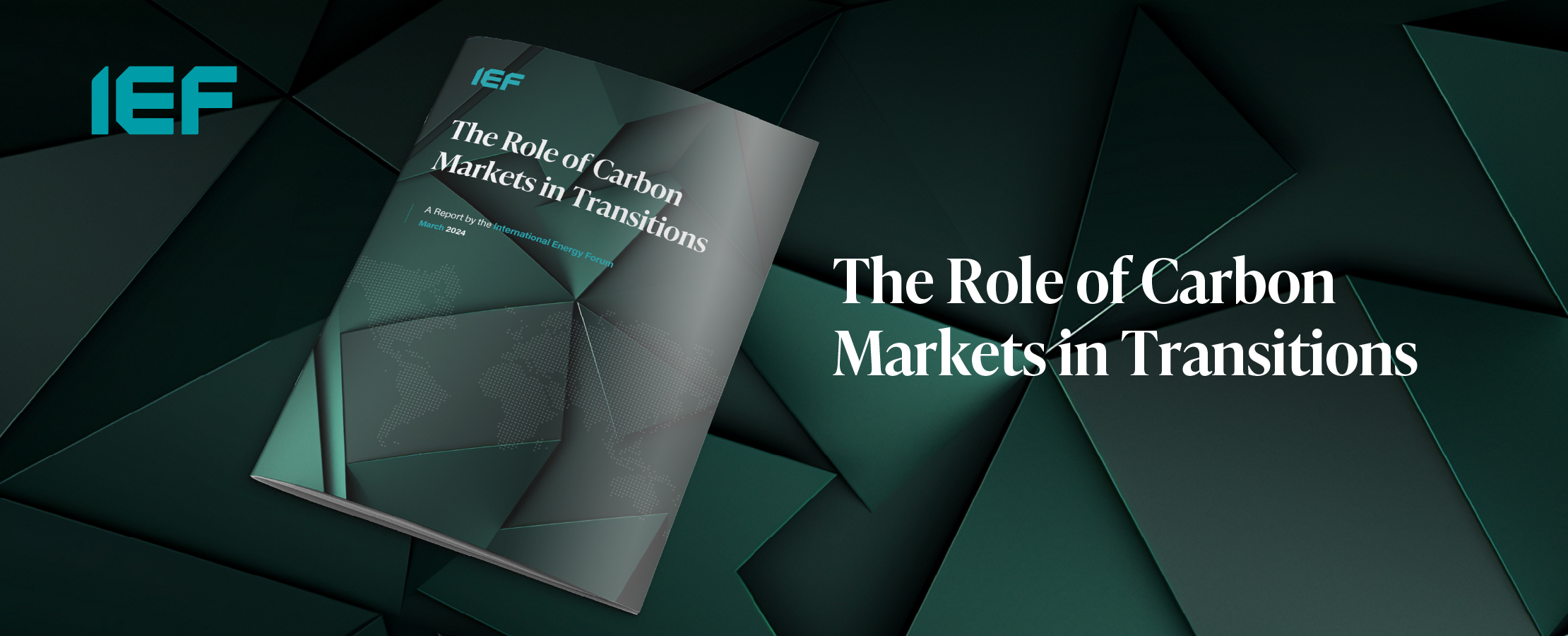The Role of Carbon Markets in Transitions
Introduction
Given the increasing efforts by governments to explore strategies addressing climate change, the world continues to demand more innovative technologies and mechanisms to achieve nations' climate targets and sustainable development goals. However, despite the proliferation of all these mitigation strategies, there has been a more than 3% increase in energy-related emissions since the Paris Agreement, as reported by the IEA (see figure 1). The relative decrease in greenhouse gas emissions from developed countries post the Paris Agreement was followed by an increase in emissions from emerging economies. Despite this rise in emissions from developing non-OECD countries, per capita emissions are still less than half of those in developed OECD countries. Given the increasing population growth accompanied by a growing need to lift people from poverty and overcome inequality in the next decades, it is crucial to enable policymakers to take climate mitigation actions without restricting economic and social prospects, especially in emerging economies in Asia and Africa.
Key Charts
Figure 1 - Shifts in GHG emissions following the Paris Agreement
 Download Figure 1
Download Figure 1Figure 2 - Global mapping of Designated National Authorities for Article 6 of the Paris Agreement
 Download Figure 2
Download Figure 2Figure 3 - Bilateral Agreements between countries purchasing carbon credits (left) and those selling them (right), under Article 6.2 of the Paris Agreement
 Download Figure 3
Download Figure 3About the International Energy Forum
The International Energy Forum (IEF) is the global home of energy dialogue. With a broad mandate to examine all energy issues, the IEF has a particular focus on Energy Security, Data Transparency and Energy Transitions. Neutral, inclusive, and focussed on building trust for a secure, affordable, and sustainable energy future, the IEF is an intergovernmental organization that brings all voices to the table.
With a membership that spans all six continents, IEF Ministers represent producing, consuming, and transit nations throughout established and emerging global energy supply chains.






